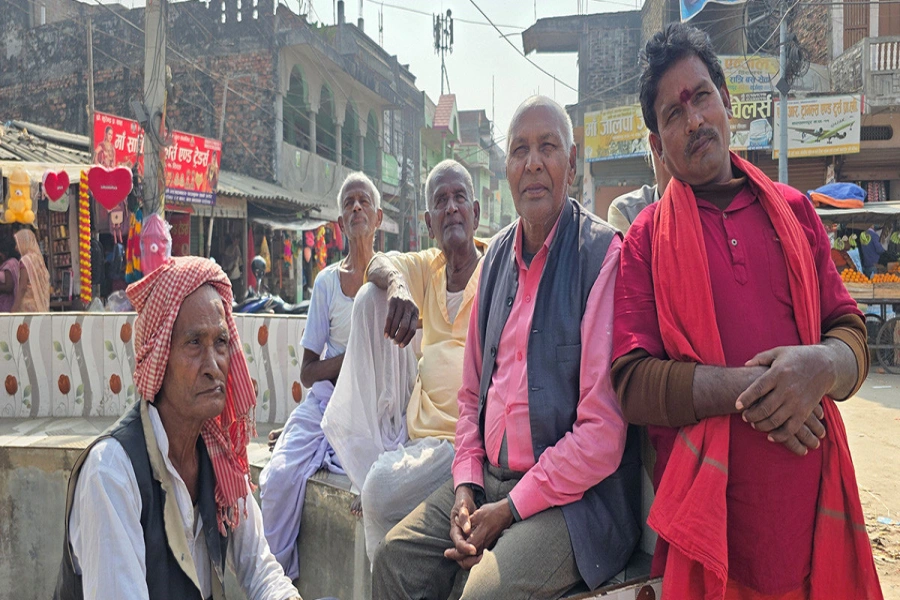Hangovers begin after blood alcohol levels start to fall. In fact, according to some experts, the worst symptoms occur when levels reach zero.
The key ingredient seems to be "drinking to intoxication"; how much you drank to get there is less important. In fact, several studies suggest that light and moderate drinkers are more vulnerable to getting a hangover than heavy drinkers. Yet there's also seemingly contradictory research showing that people with a family history of alcoholism have worse hangovers. Researchers say some people may end up with drinking problems because they drink in an effort to relieve hangover symptoms.
Dr. Robert Swift, a researcher at the Providence Veterans Affairs Medical Center in Rhode Island, coauthored one of the few review papers on hangovers in 1998. It's still one of the most frequently cited sources on the topic. The rundown on hangover remedies that follows is based on that review, an interview with Dr. Swift, and several other sources.
1. Hair of the dog. Drinking to ease the symptoms of a hangover is sometimes called taking the hair of the dog, or hair of the dog that bit you. The notion is that hangovers are a form of alcohol withdrawal, so a drink or two will ease the withdrawal.
7 Ways to cure your hangover

There may be something to it, says Dr. Swift. Both alcohol and certain sedatives, such as benzodiazepines like diazepam (Valium), interact with GABA receptors on brain cells, he explains. And it's well documented that some people have withdrawal symptoms from short-acting sedatives as they wear off. Perhaps the brain reacts similarly as blood alcohol levels begin to drop.
Even so, Dr. Swift advises against using alcohol as a hangover remedy. "The hair of the dog just perpetuates a cycle," he says. "It doesn't allow you to recover."
2. Drink fluids. Alcohol promotes urination because it inhibits the release of vasopressin, a hormone that decreases the volume of urine made by the kidneys. If your hangover includes diarrhea, sweating, or vomiting, you may be even more dehydrated. Although nausea can make it difficult to get anything down, even just a few sips of water might help your hangover.
3. Get some carbohydrates into your system. Drinking may lower blood sugar levels, so theoretically some of the fatigue and headaches of a hangover may be from a brain working without enough of its main fuel. Moreover, many people forget to eat when they drink, further lowering their blood sugar. Toast and juice is a way to gently nudge levels back to normal.
4. Avoid darker-colored alcoholic beverages. Experiments have shown that clear liquors, such as vodka and gin, tend to cause hangovers less frequently than dark ones, such as whiskey, red wine, and tequila. The main form of alcohol in alcoholic beverages is ethanol, but the darker liquors contain chemically related compounds (congeners), including methanol. According to Dr. Swift's review paper, the same enzymes process ethanol and methanol, but methanol metabolites are especially toxic, so they may cause a worse hangover.
5. Take a pain reliever, but not Tylenol. Aspirin, ibuprofen (Motrin, other brands), and other nonsteroidal anti-inflammatory drugs (NSAIDs) may help with the headache and the overall achy feelings. NSAIDs, though, may irritate a stomach already irritated by alcohol. Don't take acetaminophen (Tylenol). If alcohol is lingering in your system, it may accentuate acetaminophen's toxic effects on the liver.
6. Drink coffee or tea. Caffeine may not have any special anti-hangover powers, but as a stimulant, it could help with the grogginess. Coffee is a diuretic, though, so it may exacerbate dehydration.
7. B vitamins and zinc. A study recently published in The Journal of Clinical Medicine evaluated the diets for 24 hours before and after excessive drinking occurred. It was a small study and results were based on the participants saying what they ate. However, they did find that people whose food and beverage consumption contained greater amounts of zinc and B vitamins had less severe hangovers.
Source: Health.harvard.edu





































